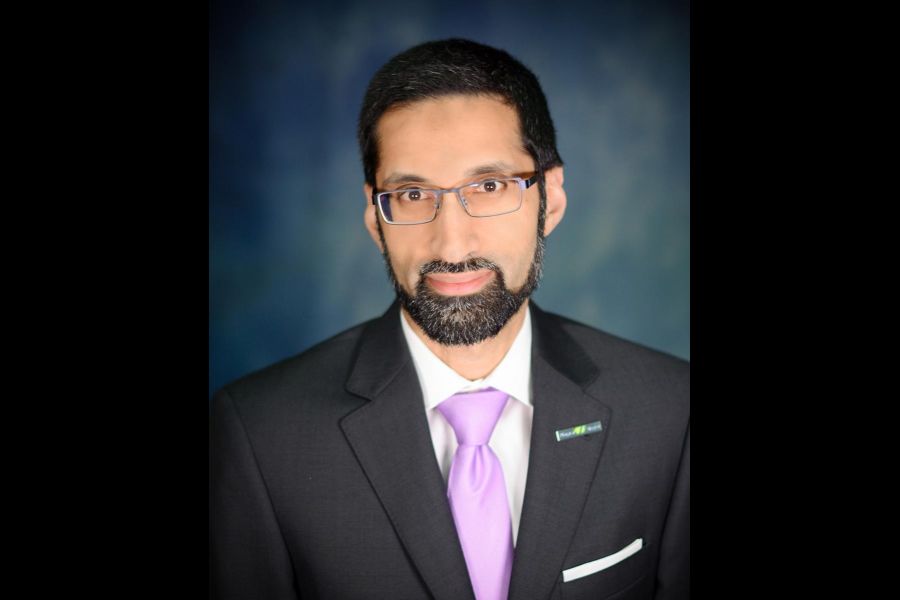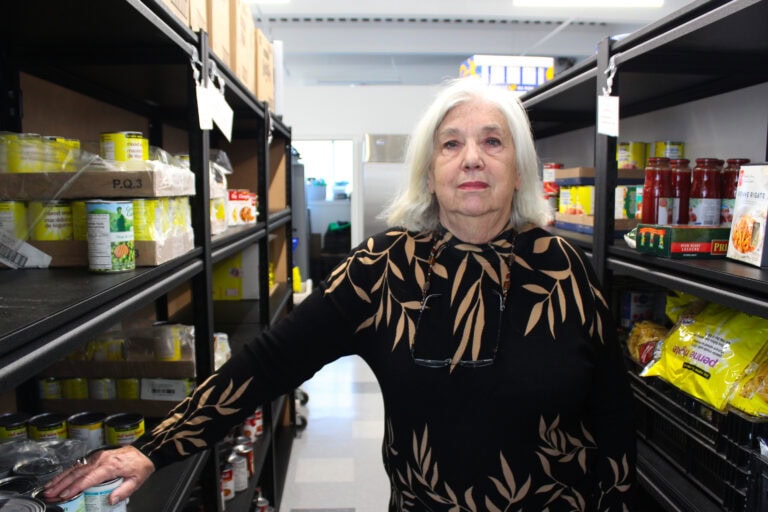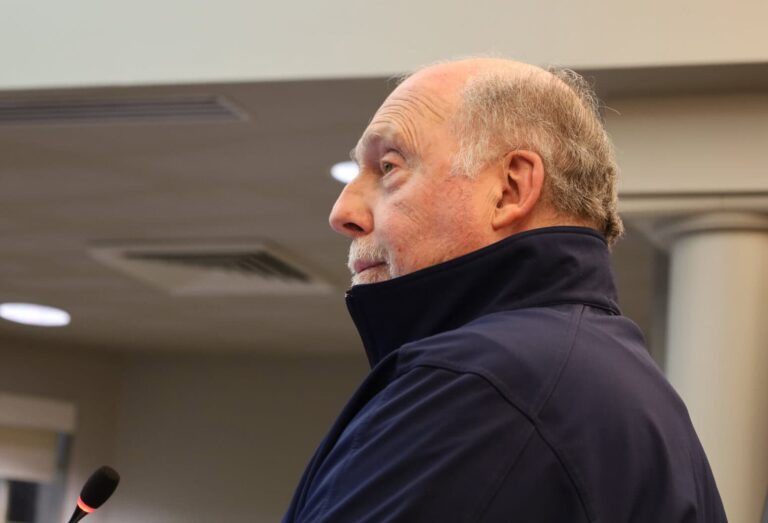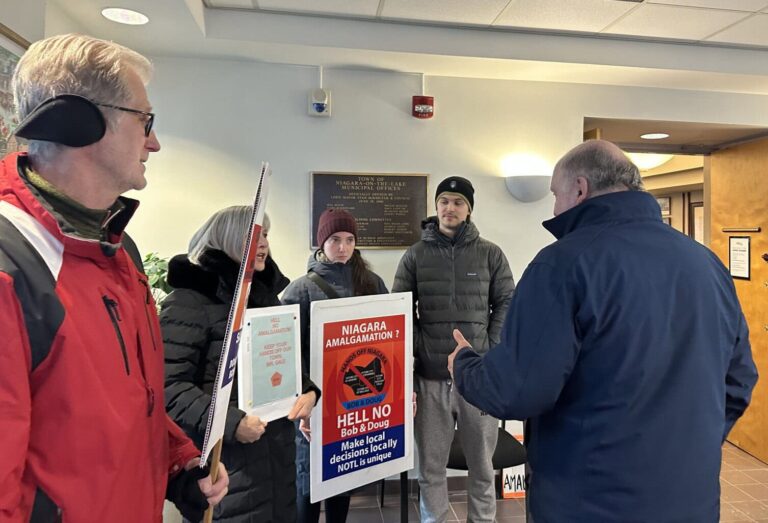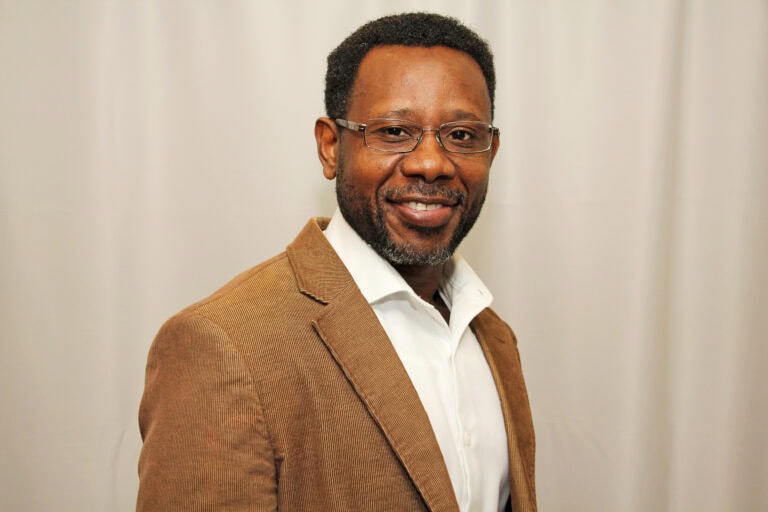With the rollout of the Pfizer BioNTech COVID-19 vaccine for use in children age five to 11, Niagara’s top doctor says public health clinics from now until Christmas will be exclusively for that age group.
All children whose parents want them vaccinated can get their first jab before Christmas, said Dr. Mustafa Hirji, Niagara’s acting medical officer of health.
Vaccines for children will also be available through a family's primary care providers, he said. Pharmacies are also expecting to receive doses for children “any day now,” Niagara-on-the-Lake pharmacist Sean Simpson said.
The first clinic in NOTL for children age five to 11 will be Dec. 10 to 12 at the community centre on Anderson Lane.
More pediatric clinics could be added, but other scheduled clinics include: Fort Erie (Nov. 28 and 29, Dec. 7 and 8); Port Colborne (Nov. 28); Niagara Falls (Nov. 28 to 30); West Lincoln (Nov. 29 to Dec. 3); Wainfleet (Dec. 1 to 3; Niagara Falls (Dec. 1 to 13); Pelham (Dec. 4 to 13); Port Colborne (Dec. 4 to 6); St. Catharines (Dec. 14 to 18).
Older people in need of booster shots need not worry, Hirji said, as shots will still be available at all pharmacies and other private locations. Only clinics hosted by Niagara public health will be exclusively for children.
And the reason for that? Children, the largest group of unvaccinated individuals, are also the largest source of active infections.
“It’s particularly school-age children, age six to 11, where we are seeing the most spread of infection,” Hirji said during a public health COVID-19 update on Monday.
About 40 per cent of all recent outbreaks have come from schools, he said.
“If you look at what kinds of schools infections are spreading in, it’s overwhelmingly in elementary school, which, again, fits directly in with that being the population that cannot yet be vaccinated.”
As in all age groups, unvaccinated people are responsible for the largest number of infections, hospitalizations, ICU admissions and deaths, Hirji said.
Instances of vaccinated people getting hospitalized are essentially zero, he said.
And, although COVID-19 has been less detrimental to children’s health, the infection can be deadly.
Hirji pointed to the death of a child under 10 years old due to COVID-19 in Waterloo several weeks ago as an example of the cost of having children remain unvaccinated.
Overall, 17 children have been killed by COVID-19 in Canada, six of them in Ontario, Hirji said.
Out of chickenpox, influenza, the rotavirus, hepatitis and other diseases for which there are vaccinations, COVID-19 is the deadliest for children, Hirji said.
He pointed out that children get vaccinated against the rotavirus as young as six months old.
“If we’re vaccinating to prevent deaths for these types of infections, we want to be vaccinating for COVID-19,” he said.
In the United States, which has not done a good job of controlling the spread of COVID-19, the virus is now the eighth leading cause of death in children aged five to 11, Hirji said.
So, if every parent gets their child vaccinated against COVID-19, “these really preventable deaths” can be avoided and “ensure that COVID-19 never becomes one of the top 10 causes of death for children in Canada.”
Hirji also emphasized the disruption to life that a child’s infection causes.
“They're missing school, their parents' lives are disrupted. There’s a real cost of these infections,” he said.
That is why the approval of the Pfizer vaccine for children under 12 was good news for parents who don’t want their children to die of COVID-19, he said.
The vaccine has been shown to be 90.7 per cent effective at protecting children from COVID-19, Hirji said.
Just as good as that, “the vaccine is actually very safe.”
Children have significantly reduced side effects from vaccines when compared to adults, Hirji noted, citing with data from the Centres for Disease Control.
“Children are not only getting a really effective vaccine, they are actually going to be getting a vaccine that’s slightly safer than the rest of us got,” he said.
Hirji said there will be a focus on making the clinics “child-friendly.”
“We’re going to have a more welcoming environment for children, lots of distractions for them, try and make it a really positive experience so that they don’t feel like they don’t want to come back and get that second dose a few months from now,” he said.
Hirji recommended parents wait at least eight weeks after their child’s first dose before getting their second.
Appointments to vaccinate children aged five to 11 are now open online at ontario.ca/bookvaccine.



